Related Research Articles

Sir Adrian Cedric Boult, CH was a British conductor. Brought up in a prosperous mercantile family, he followed musical studies in England and at Leipzig, Germany, with early conducting work in London for the Royal Opera House and Sergei Diaghilev's ballet company. His first prominent post was conductor of the City of Birmingham Orchestra in 1924. When the British Broadcasting Corporation appointed him director of music in 1930, he established the BBC Symphony Orchestra and became its chief conductor. The orchestra set standards of excellence that were rivalled in Britain only by the London Philharmonic Orchestra (LPO), founded two years later.
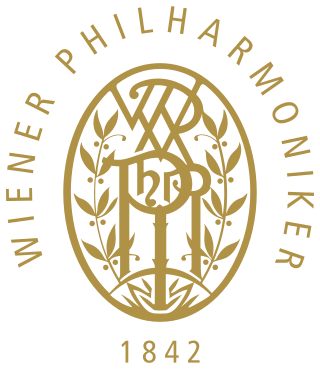
Vienna Philharmonic is an orchestra that was founded in 1842 and is considered to be one of the finest in the world.
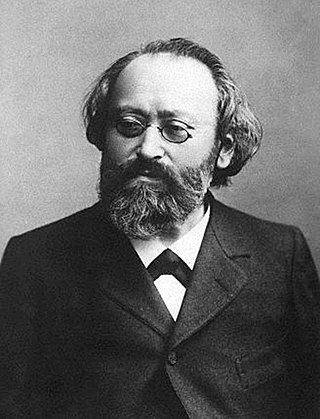
Max Bruch was a German Romantic composer, violinist, teacher, and conductor who wrote more than 200 works, including three violin concertos, the first of which has become a prominent staple of the standard violin repertoire.
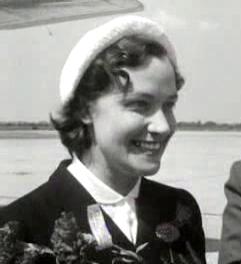
Kathleen Mary Ferrier, CBE was an English contralto singer who achieved an international reputation as a stage, concert and recording artist, with a repertoire extending from folksong and popular ballads to the classical works of Bach, Brahms, Mahler and Elgar. Her death from cancer, at the height of her fame, was a shock to the musical world and particularly to the general public, which was kept in ignorance of the nature of her illness until after her death.

Albert Coates was an English conductor and composer. Born in Saint Petersburg, where his English father was a successful businessman, he studied in Russia, England and Germany, before beginning his career as a conductor in a series of German opera houses. He was a success in England conducting Wagner at the Royal Opera House, Covent Garden in 1914, and in 1919 was appointed chief conductor of the London Symphony Orchestra.
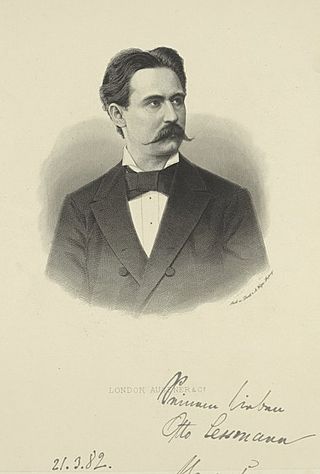
Theophil Franz Xaver Scharwenka was a German pianist, composer and teacher of Polish descent. He was the brother of Ludwig Philipp Scharwenka (1847–1917), who was also a composer and teacher of music.
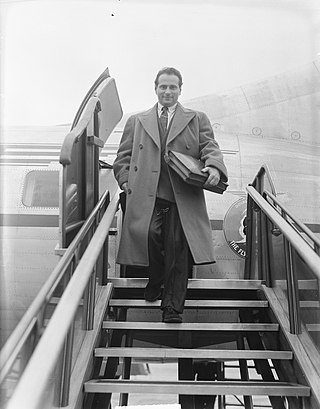
Jan Walter Susskind was a Czech-born British conductor, teacher and pianist. He began his career in his native Prague and travelled to London in March 1939 when Germany invaded Czechoslovakia. He worked for substantial periods in Australia, Canada and the United States, as a conductor and teacher.

Johann Baptist Isidor Richter, or János Richter was an Austro-Hungarian orchestral and operatic conductor.

Karl Eduard Maria Elmendorff was a German opera conductor.

François Antoine Habeneck was a French classical violinist and conductor.
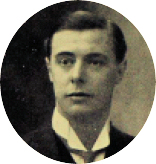
Percy Pitt was an English organist, conductor, composer, and Director of Music of the BBC from 1924 to 1930.

Frederic William Austin was an English baritone singer, a musical teacher and composer in the period 1905–30. He is best remembered for his restoration and production of The Beggar's Opera by John Gay and Johann Christoph Pepusch, its sequel, Polly, in 1920–23, and for his popularization of the melody of the carol The Twelve Days of Christmas. Austin was the older brother of the composer Ernest Austin (1874–1947).
Frederic Cliffe was an English composer, organist and teacher.
Ibbs and Tillett was a London-based classical music artist and concert management agency that flourished between 1906 and 1990 in the United Kingdom. It was described as "one of the legendary duos in classical music artist management".
Alfred Schulz-Curtius, also known as Alfred Curtis, was a German-British classical music impresario who was active primarily in continental Europe and the United Kingdom from the 1870s until the 1910s.
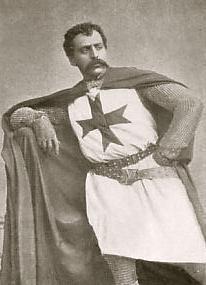
Eugène Espérance Oudin was an American baritone, composer and translator of the Victorian era.
The Stratton String Quartet was a British musical ensemble active during the 1930s and 1940s. They were specially associated with the performance of British music, of which they gave numerous premieres, and were a prominent feature in the wartime calendar of concerts at the National Gallery. After the War the group was re-founded as the Aeolian Quartet.
The Lambeth Orchestra is an amateur orchestra founded in 1972. It gives a regular series of 6 concerts each year at All Saints Church, West Dulwich and St John's Waterloo.
Rachel Nicholls is an English soprano in opera and concert.

Odysseus: Szenen aus der Odyssee für Chor, Solostimmen und Orchester is a secular oratorio composed by Max Bruch and first performed in 1873. It was Bruch's most successful work in his own lifetime. German unification created a wave of patriotic euphoria across the country, and French war reparations created an economic windfall. The time was right for a new work with a theme of the love of homeland. It was popular in Germany and internationally and brought Bruch to Liverpool.
References
- 1 2 3 "About the conductor". Lambeth Orchestra . 2007.
- ↑ Alan Howe (28 May 2007). "Lambeth Orchestra". The Independent .
The conductor Christopher Fifield is well-known for his exploration of neglected, usually Romantic-era repertoire. Some six years ago, he presented the first performance in more than 80 years of the Symphony No 1 by the composer Frederic Cliffe, a work that he then went on to record in an outstanding performance for the Sterling label.
[ dead link ] Review of Lambeth Orchestra conducted by Christopher Fifield at St. Luke's Church, West Norwood. Performance of Rutland Boughton's Third Symphony, Frederic Cliffe's Violin Concerto in D, and the Arnold Bax tone poem Tintagel. - 1 2 "Christopher Fifield, London". Easy-Speak. 8 April 2004. Archived from the original on 26 September 2004.
Talks: A Voice from the pit – incidents an opera house audience never gets to hear about… How did we get those chickens off the stage in Fidelio? What was the prompter doing with a hair dryer in his box?
- ↑ Len Mullenger (30 October 2000). "Music on the Web Welcomes Christopher Fifield". British Classical Music Discussion List Archives.[ dead link ]
- ↑ "A Brief History". Oxford and Cambridge Musical Club. 17 February 2004. Archived from the original on 2 October 2011.
- ↑ "Our History". The Jubilate Choir. Archived from the original on 9 January 2009.
- ↑ "Conductors". Northampton Symphony Orchestra. n.d. Archived from the original on 27 July 2007. Retrieved 25 August 2007.
- ↑ Barry Millington; Stewart Spencer, eds. (1992). Wagner in Performance. New Haven: Yale University Press. ISBN 0-300-05718-0.
- ↑ "The Oxford Companion to Music: Authors, editors, and contributors". Oxford University Press . 2002. Archived from the original on 11 July 2006.
- ↑ Christopher Fifield, Review of Richard Aldous biography of Malcolm Sargent: Tunes of Glory: The Life of Malcolm Sargent. MusicWeb International.
- ↑ "Sixth Biennial Conference on Music in 19th-Century Britain: Conference Abstracts". University of Birmingham . July 2007. Archived from the original on 29 June 2007.